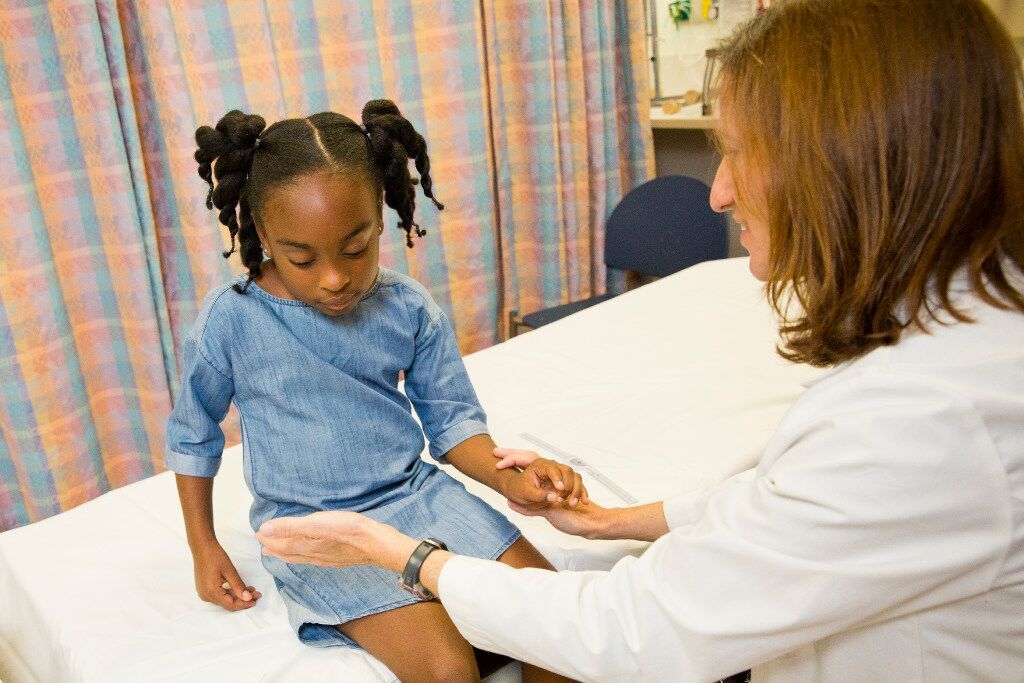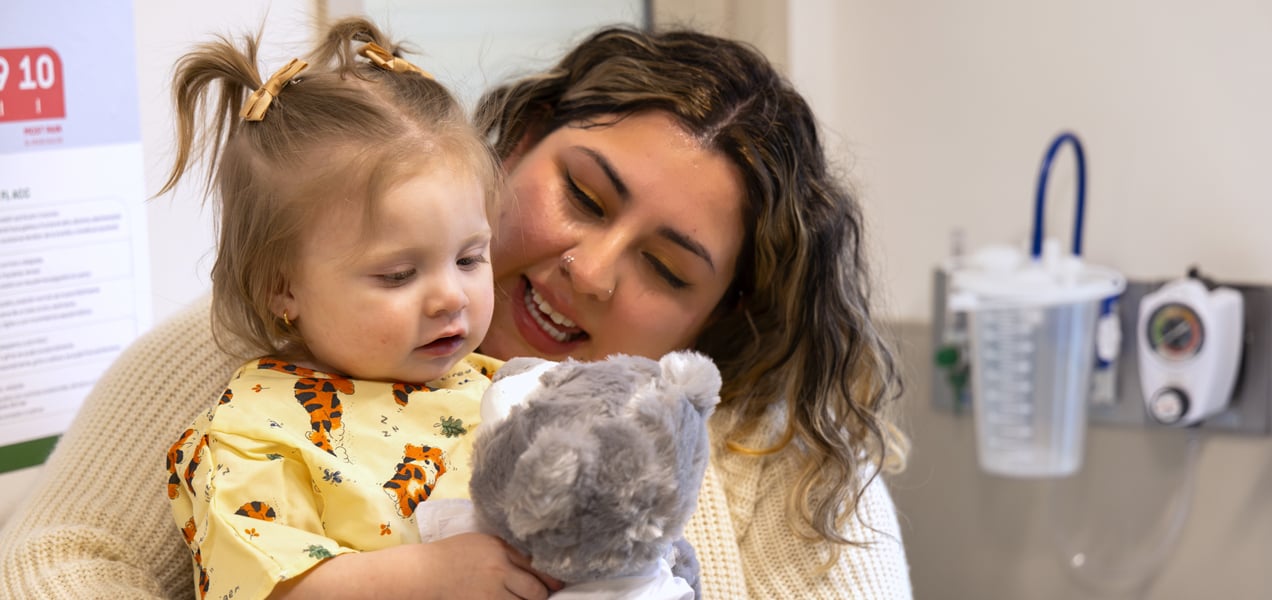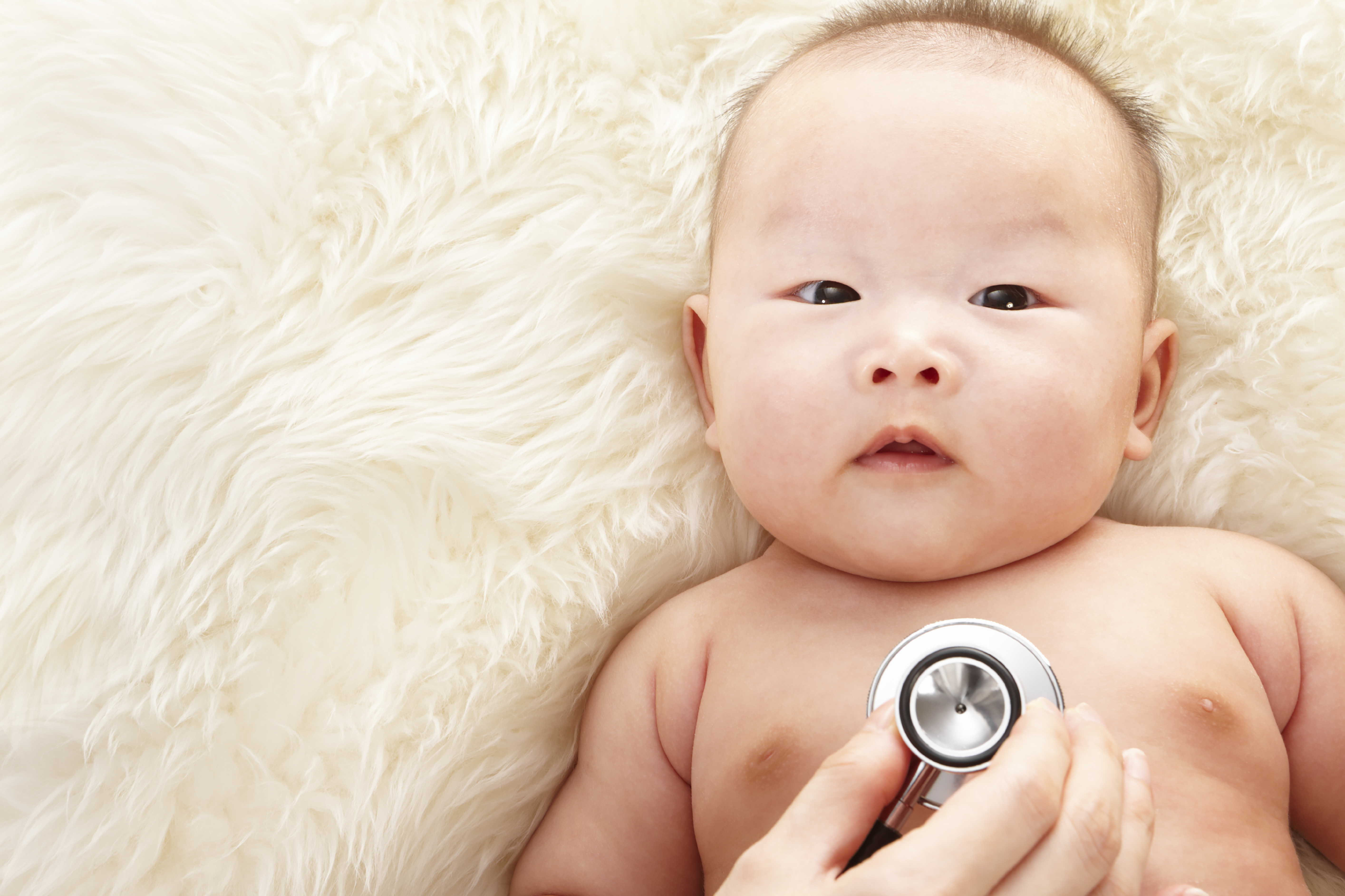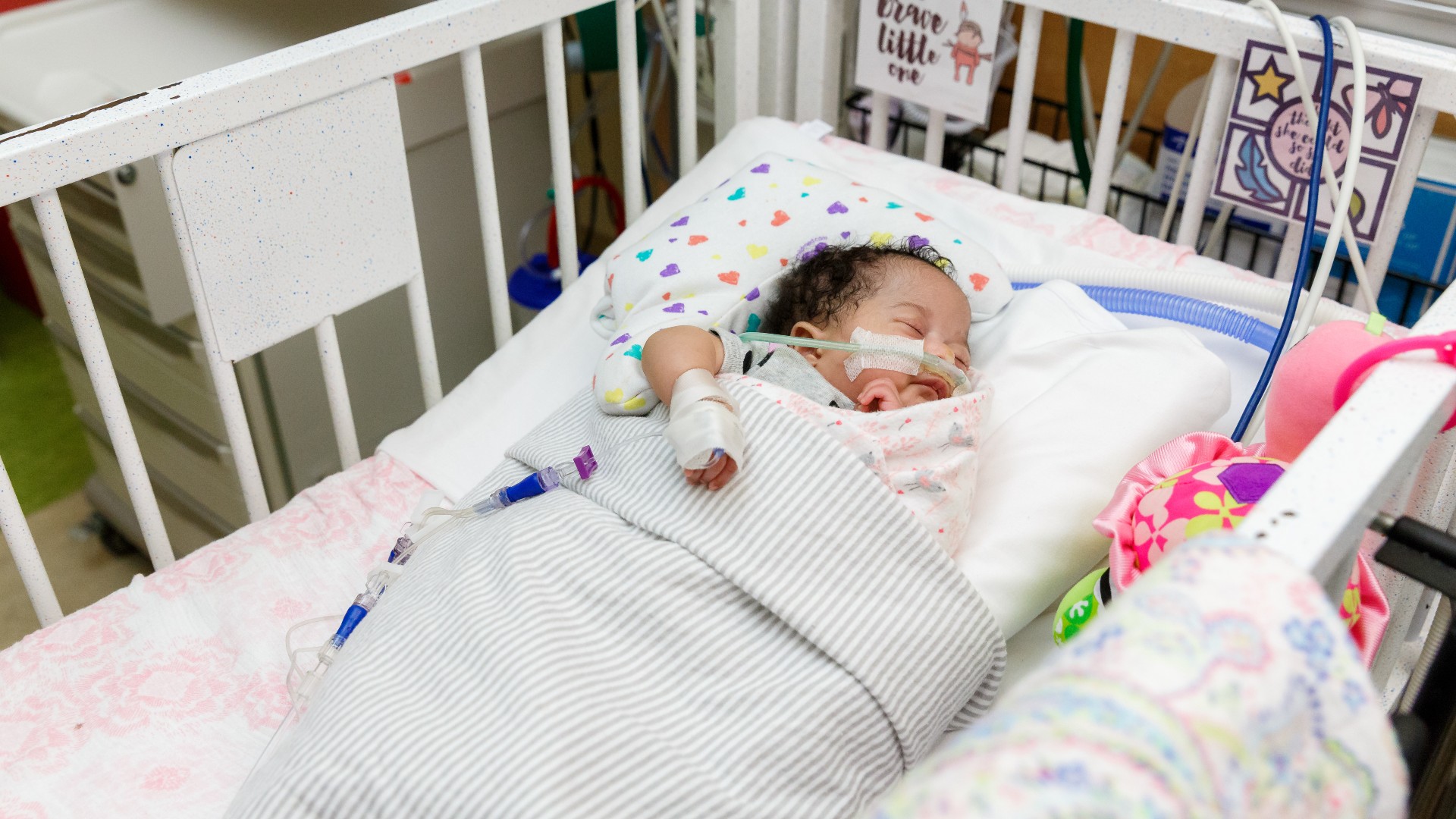Condition
Pediatric Hydronephrosis
What You Need to Know
Hydronephrosis means that there is more urine in the kidneys and ureters than normal.
Key Symptoms
Common symptoms of hydronephrosis in children may include:
- Pain in the side or abdomen
- Blood in the urine
- UTIs
Diagnosis
Doctors typically diagnose hydronephrosis by:
- Prenatal ultrasound
- MRI
- X-ray
Treatment
- Antibiotics
- Surgery
- Prenatal surgery

Schedule an Appointment
Our pediatric specialists provide personalized care for your child’s physical, mental and emotional health needs. Meet the providers who treat hydronephrosis and schedule an appointment today.
Frequently Asked Questions
What is hydronephrosis?
What causes hydronephrosis in children?
What are the symptoms of hydronephrosis in children?
How is hydronephrosis diagnosed in children?
What are the treatments for hydronephrosis in children?
Patient Stories
Departments that Treat Hydronephrosis

Nephrology
Learn how our highly skilled pediatric nephrology team works across divisions to manage the full range of kidney diseases in children, including dialysis and kidney transplantation.

Help Kids and Make a Difference
Invest in future cures to help children have brighter futures.









